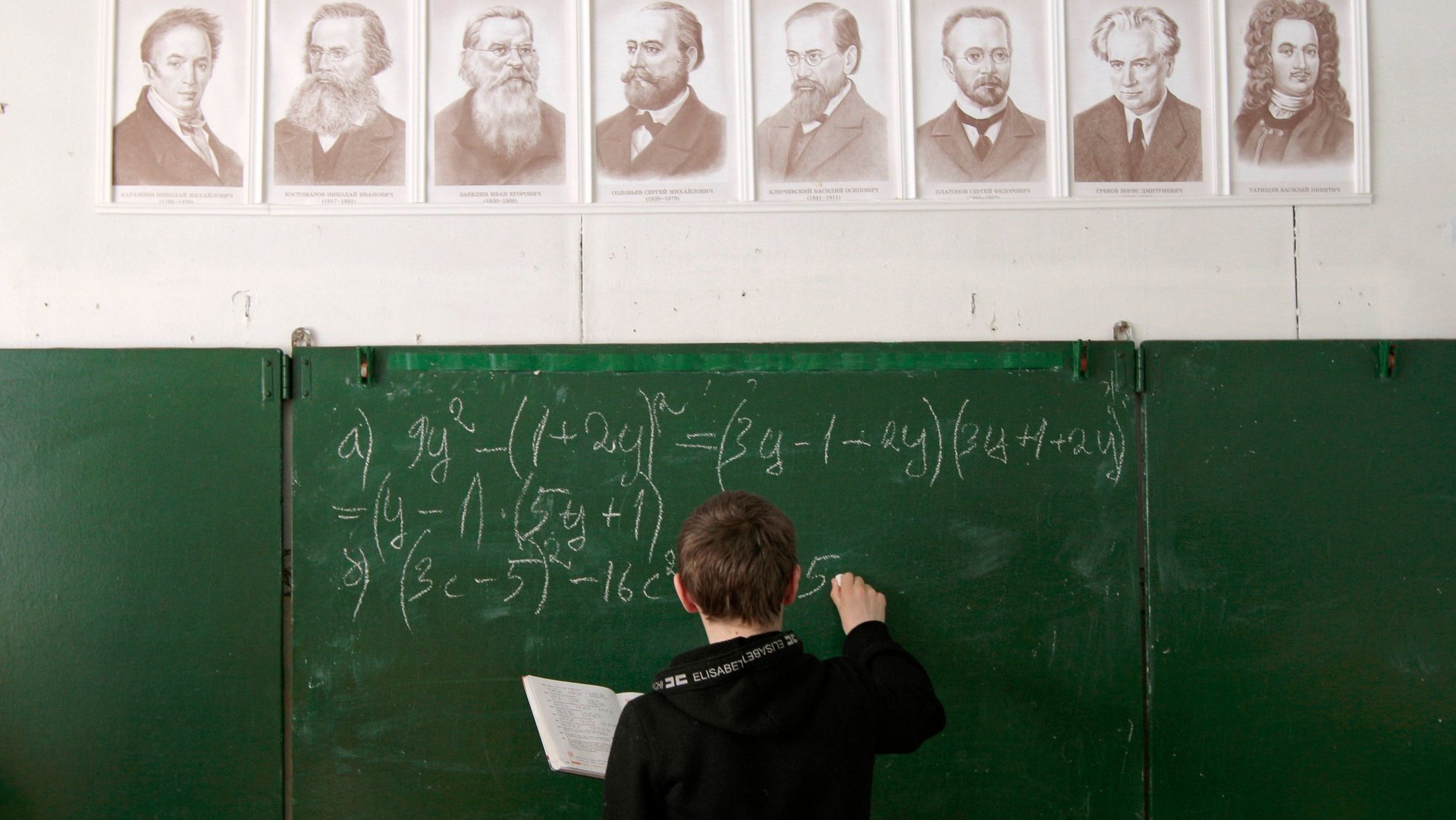Only half of America thinks the point of schooling is academics
No wonder the US public school system is so broken. Parents across the country can’t even agree on what it’s meant for.


No wonder the US public school system is so broken. Parents across the country can’t even agree on what it’s meant for.
An annual poll published this week by Phi Delta Kappa International, a professional educators’ association, offers a telling glimpse into the US’s scattered views on schooling. Using weighted data from about 1,200 randomized telephone interviews, the survey found roughly half of Americans see public education as a means of academic preparation—but one-fourth believe public schools should prepare students for professional work, while another one-fourth think the school system has an obligation to teach kids the best ways to contribute to society.
Opinions are split along demographic lines. For instance, people living in rural areas care more about school as a means of workforce preparation than those living in urban cities (30% vs. 22%), and more urban dwellers emphasize academics as the main point of school (47% vs. 39%).
Understanding these clashing viewpoints is crucial because there’s always been something of a struggle for control in US public education between parents and institutions. And as parent-led initiatives like the school choice movement gain momentum, young Americans could start receiving vastly different education depending on where they live and what their families choose.
Pressured by local parents, public schools in New York City might develop a tight focus on academic rigor, for example, while their counterparts in the Rocky Mountains might teach with the singular goal of getting their students hired for a select set of jobs. Such a divide doesn’t bode well for the US’s broader, ongoing class split.